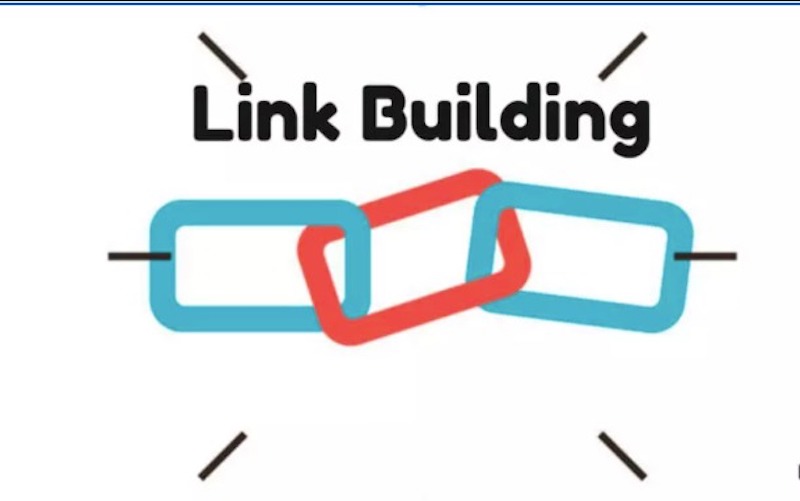People and search engines both use outbound links to find discrete information. They can boost organic traffic, create confidence, and make it easier to collaborate with other businesses. So what exactly is an outbound link?
An outbound link is a connection that points to another website from your own. Visitors are led from your website’s pages to others through them. It’s more challenging to exploit external links than internal links. Thus, they possess more worth in Google’s algorithm.
Outbound links are links that lead from one domain to another. Inbound links only lead to pages on your domain or site. They are links to other websites that you’ve linked to your website. Internal links from your site’s pages to your contact page are an example of an inbound link.
Dofollow and No-follow are the two main types of outbound links. No-follow links do not transfer ranking power from your site to the target list, while do-follow links do.
If you are wondering why it’s essential to have outbound links on your webpage, the answer is because:
● They are a tremendous metric for assessing a web page’s popularity.
● They increase the relevance of a webpage.
● It encourages backlinks.
● Improves the reputation of a site.
● Enhances the user’s experience by adding value.
What’s in it for SEO?
One of the key ranking factors to rank high in search engines is to earn backlinks from credible sources. But do outbound links from your website affect SEO? Or can they support SEO? To find out, read the following ways about how Outbound links assist search engine optimization.
1. Link to related web pages
Many users avoid using links in their content because they believe it would detract from their audience, not the case. When relevant websites get linked to yours, you effectively tell Google or other search engines what your content is and thus create a connection. Make an effort to connect with other blogs in your niche. It will aid you in attracting your intended audience. Already trusted and high domain authority links should be your target to have a positive effect on SEO.
2. Adds depths and intensity
Outbound links can help readers appreciate the scope of the subject you’re writing about by leading them to external resources where they can learn more about particular concepts. It is particularly true when writing about complicated topics where further detail is needed to comprehend what gets referenced fully. They are an essential part of writing quality content and incorporating depth; don’t be troubled to use them when necessary.
3. Precise anchor text
Anchor texts helpful to characterize a link, and they also serve as keywords for that particular webpage. It’s essential to have strong anchor text from another website to back up your keywords. A connection with the correct anchor text will significantly increase the search engine’s knowledge of your website’s keywords.
Outbound links are an integral part of your SEO strategy. External linking, according to experts, has many advantages on your website. It generates trackable traffic, which aids Google’s algorithms in evaluating the site’s popularity. External linking serves a function other than SEO. It can also help you gain attention on social media through tweets, readership, and other means.
Adding external links to your website
There are several methods for adding links, but you’ll probably need to understand how to add the links for the sake of convenience. Use the visual editor to add an external link to your post or website. When prompted, type in the URL, double-check the link text and then press the “add link” button.
To add an external link with HTML, copy and paste a snippet of code into the code where you want an outbound link to appear, filling in the capitalized sections with your data:
Tips to remember
Outbound links assist in the development of relationships with your audience. Few people nowadays will argue that you should never connect out from your content. However, there is still much discussion on the best way to go about it. It’s a good idea to contact site owners and inform them that you’ll connect to them.
The following three suggestions can come in handy before applying outbound links:
● There shouldn’t be too many outbound links on your website.
● Not all outbound links should be no-followed
● Sites of high quality are more likely to connect to other high-quality websites, so plan accordingly.
You can use Google’s link analyzer to keep track of how many external connections your website has. There are several free and paid link analysis tools available in the marketplace. Suppose you’re using a content management system like WordPress. In that case, you can monitor your external links with a single plugin like Link Checker.
Begin by looking for common and well-reviewed domains that are trustworthy. The anchor text is also essential and plays a vital role in outbound link building. If the link leads to a page concerning Leather Jackets, for example, don’t use the anchor text “Leather handbags.” Keep in mind that your content’s quality and the content of the page you’re on are relevant.
When it’s about when and how to use external links, many websites have their content and style guidelines. External links in your content would be more effective and valuable if you integrate these best practices into your style
guide.
● Always give credit to the resource that has helped you in crafting your content,
● Backup statements with references and,
● Highlight a unique concept.
Final thoughts
Marketers often use outbound links to provide quick access to information on a specific subject. In content marketing and on-page optimization, outbound links are one of the most undervalued techniques. Both SEO and user experience depend on them. Readers are searching for indications that the information is accurate and authoritative. Outbound links improve the reputation of your content. The use of links to explain an argument or reference the source of data is encouraged by best practices.










Leave a Reply